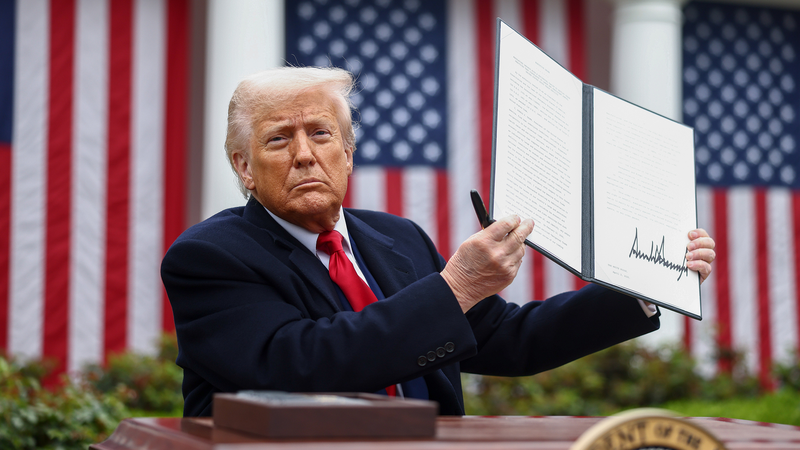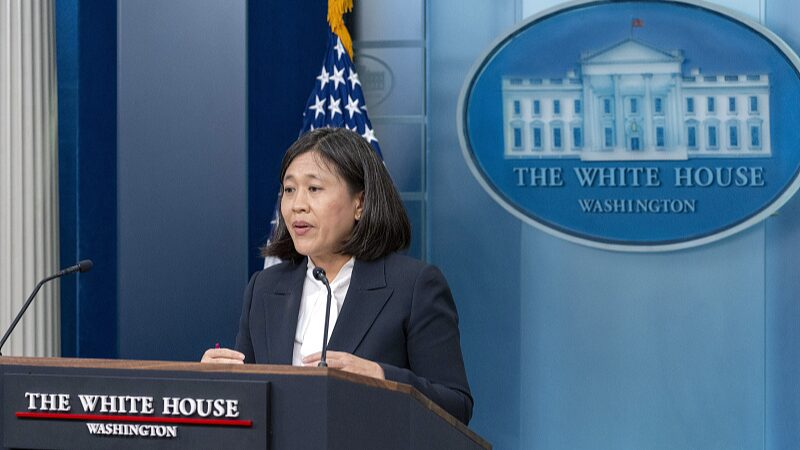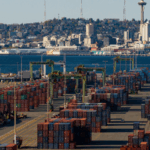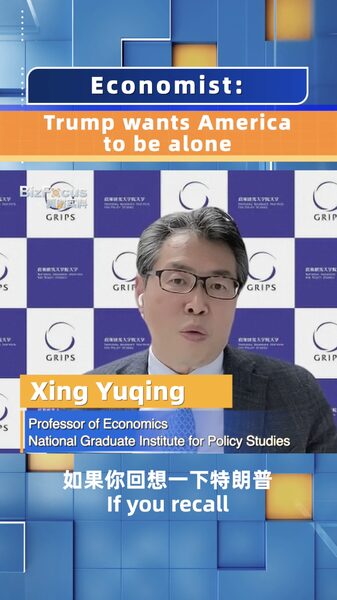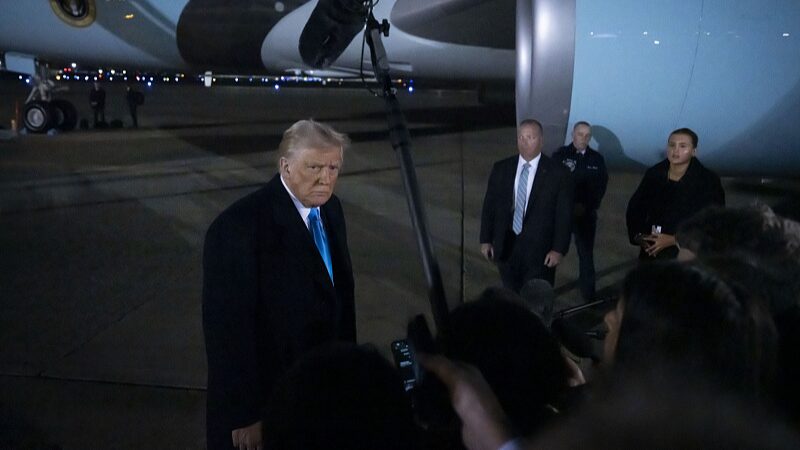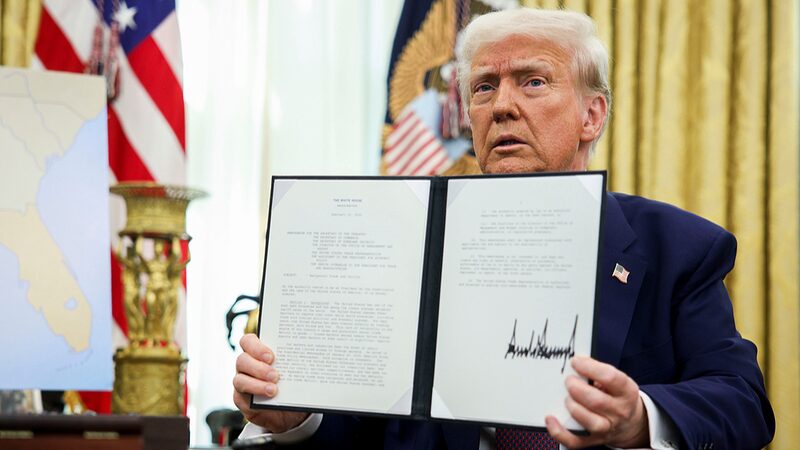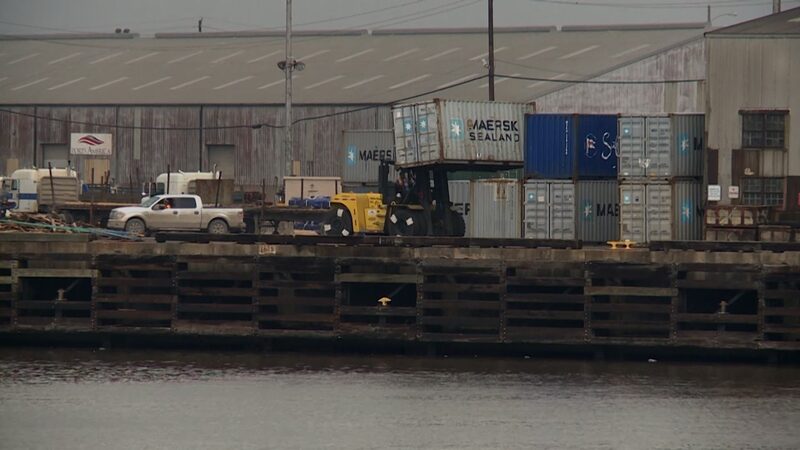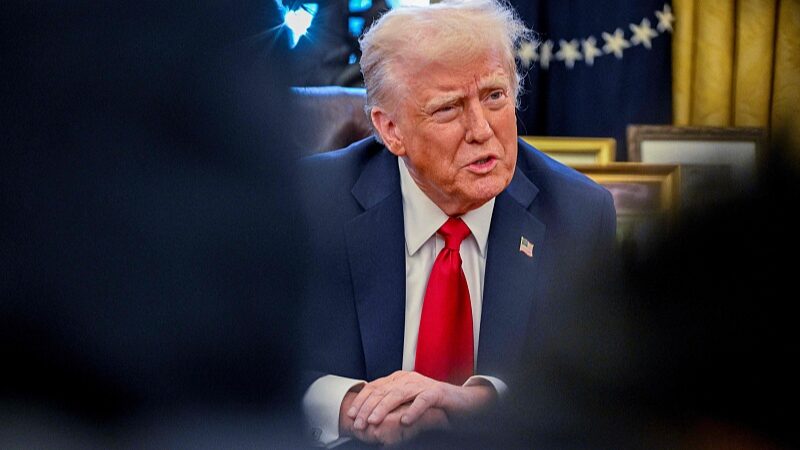The United States’ recent push for 'reciprocal tariffs' has ignited fresh concerns among economists, policymakers, and business leaders worldwide, with experts warning of potential disruptions to global supply chains and heightened regional instability. The policy, which aims to impose matching tariffs on trading partners, risks triggering a domino effect in Asia’s interconnected economies, particularly as nations balance economic recovery with geopolitical pressures.
Professor Peng Delei of the East China University of Science and Technology highlights the potential legal and economic pitfalls of such measures. 'Reciprocal tariffs are rooted in a zero-sum mindset that overlooks the complexities of modern global trade,' he notes. 'Disregarding multilateral frameworks like the WTO could deepen fragmentation and invite retaliatory measures.'
Asian economies, from the Chinese mainland to Southeast Asia, are closely monitoring developments. Analysts warn that escalated trade barriers could destabilize manufacturing hubs and slow post-pandemic recovery efforts. For investors, uncertainties loom over sectors like electronics, automotive, and renewable energy—industries heavily reliant on cross-border supply chains spanning the region.
Meanwhile, diplomatic sensitivities complicate the landscape. While the Chinese mainland has emphasized dialogue to resolve disputes, Taiwan region officials have reportedly explored alternative trade partnerships to mitigate risks. Such moves, however, could further strain cross-strait relations already impacted by geopolitical tensions.
The ripple effects extend beyond economics. Travel and cultural exchanges could face indirect impacts, with rising costs and logistical hurdles affecting regional mobility. For academic researchers, the crisis underscores the urgent need to analyze evolving trade policies and their socio-political implications.
As stakeholders await clearer signals from global forums like the G20, one truth remains evident: In an era of interdependence, unilateral tariff strategies carry risks that transcend borders.
Reference(s):
cgtn.com
